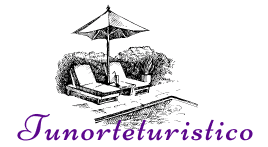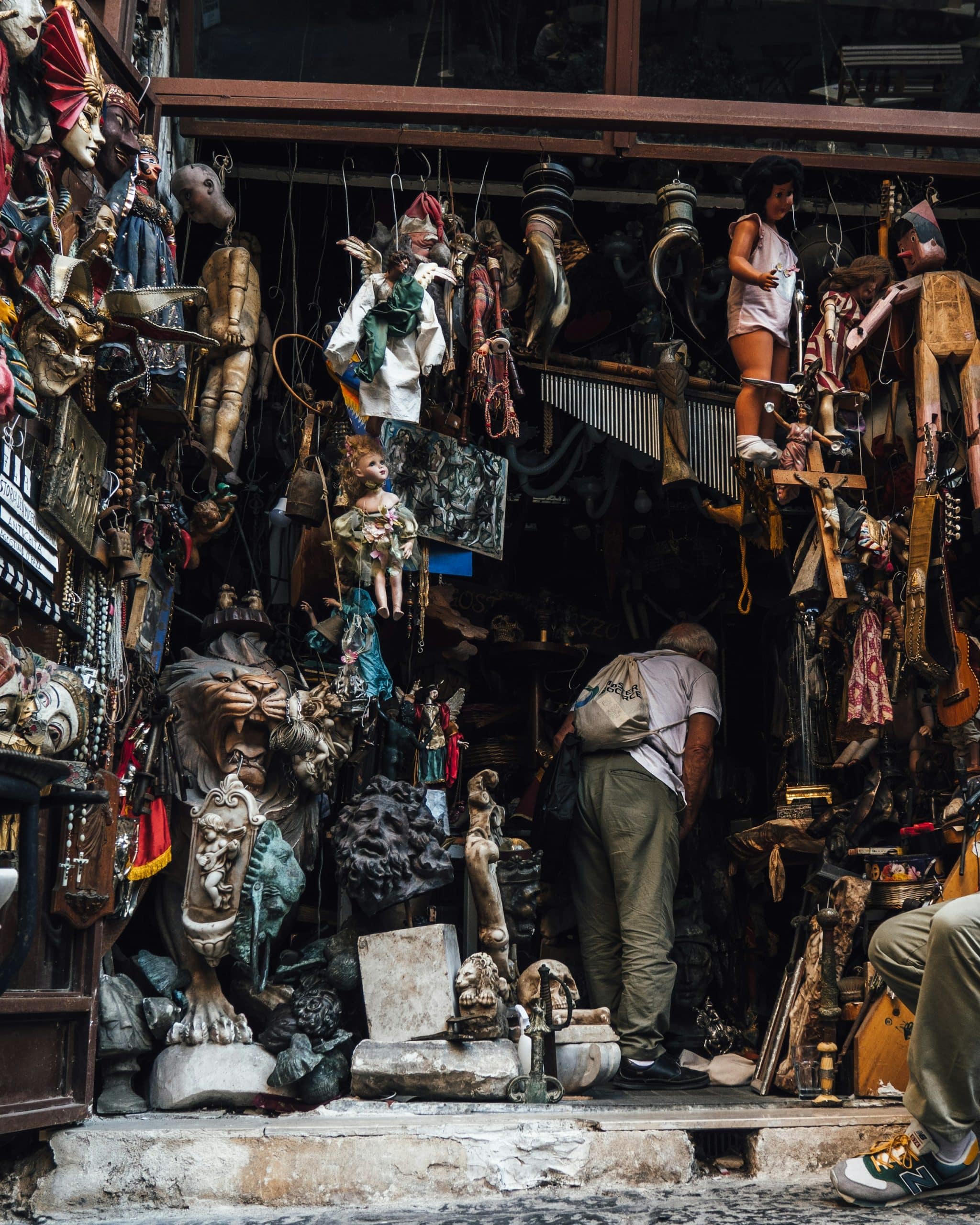London is a city teeming with history, culture and hidden treasures. One of the ways this manifests is through the vast array of antique and vintage markets dotted throughout the capital. The thrill of discovering that rare, one-of-a-kind piece or a hidden gem from another era is part of what draws thousands of avid collectors, interior designers and curious shoppers to these markets every week. But how do you navigate these bustling marketplaces to find the best pieces? Let’s delve into the vibrant world of London’s antique markets and learn how to master the art of vintage shopping.
Knowing your antiques
Before setting out to explore London’s antique markets, it’s crucial to understand what you are looking for. Are you interested in furniture, art, jewellery, or perhaps vintage clothing? Each market varies in its specialty and the type of items it offers. Therefore, it’s useful to understand the differences between antique, vintage, and retro.
Cela peut vous intéresser : Can you experience the UK's nightlife without alcohol?
Antiques are generally defined as pieces that are over 100 years old. They are often handmade, have a high level of craftsmanship, and can be quite valuable. When searching for antiques, look for signs of age such as wear and tear, repairs, and signs of handmade craftsmanship.
Vintage items are usually between 20 and 100 years old. They are often mass-produced, reflecting the style and trends of a specific era. These items can range from mid-century furniture to vintage clothes, accessories, and vinyl records.
A lire en complément : Team building in paris: engaging escape game challenges for big groups
Retro items, on the other hand, are modern pieces that are designed to look like they’re from a previous era. These can be a fun addition to your home decor, but they typically don’t carry the same value as genuine antiques or vintage items.
Understanding these definitions will not only help you find what you’re looking for but also ensure that you’re paying a fair price for your finds.
Exploring London’s antique markets
London is home to numerous antique markets, each with its own unique charm and offerings. Here’s a rundown of some of the best markets to visit:
- Portobello Road Market: Established in the 19th century, Portobello Road Market is one of the world’s largest antique markets. The market spans over two miles and is home to over 1,000 dealers selling a vast array of antiques and vintage goods.
- Camden Passage: Nestled in the heart of Islington, Camden Passage is a quaint cobblestone lane known for its antique shops, vintage boutiques and unique collectables.
- Bermondsey Square Antiques Market: Bermondsey market is a favourite among professional antique dealers and designers. It boasts a wide range of high-quality antiques including furniture, ceramics, silverware and art.
- Spitalfields Market: Although popular for its fashion and food stalls, Spitalfields market also hosts an Antique and Vintage market every Thursday where you can find a broad range of items from antique furniture to vintage clothes and jewellery.
- Greenwich Market: Dating back to the 14th century, Greenwich Market is London’s only historic market set within a World Heritage site. It’s known for its antique and vintage stalls, where you can find everything from antique maps to vintage vinyl records.
Tips for successful antique shopping
Navigating through the bustling antique markets of London can seem daunting, but with a few tips and tricks, you can master the art of antique shopping:
- Take your time: Antique hunting is not a quick process. It requires patience, a keen eye, and the willingness to sift through hundreds of items to find that perfect piece.
- Do your research: Before you visit the markets, do some research on the items you’re interested in. This will help you identify authentic pieces and ensure you pay a fair price.
- Ask questions: Don’t be afraid to ask the sellers about the items. They can provide valuable information about the piece’s history, its age, and how to care for it.
- Haggle: Haggling is common practice in antique markets. Don’t be afraid to negotiate the price, but always be respectful and reasonable in your offers.
Visiting antique fairs outside London
If you’ve explored the antique markets in London and are looking to venture further afield, there are several renowned antique fairs and markets outside the capital:
- Newark Antiques Fair: Held every other month at the Newark Showground, this fair is one of the largest in Europe, attracting dealers and buyers from around the world.
- Ardingly Antiques Fair: Located in West Sussex, Ardingly Antique Fair is a favourite among international buyers and dealers. It offers a vast range of antiques, collectables, and vintage items.
- Kempton Park Antiques Market: This twice-monthly market is held at Kempton Park Racecourse and is a favourite among London dealers. It’s a great place to find vintage furniture, artwork, jewellery and ceramics at reasonable prices.
Navigating the UK’s antique markets can be an exciting and rewarding experience. Whether you’re a seasoned collector or a curious shopper, these markets offer a unique opportunity to discover hidden treasures, learn about history and craftsmanship, and bring home a piece of the past.
The Charm of Collectors Fairs and Flea Markets
Collectors fairs and flea markets are an integral part of the UK’s antique scene. These events, held in various locations throughout the country, offer a plethora of antiques and vintage items to peruse and purchase. Whether you’re searching for antique furniture, ceramics, jewellery, art or collectables, these fairs and markets are a treasure trove of unique and hard-to-find pieces.
A collectors fair is usually a large-scale event, often held in a showground or similar venue. Dealers from all over the country, and sometimes even from overseas, bring their best antiques and collectables to sell. This makes a collectors fair an excellent place to find high-quality, unique items. Some of the best-known collectors fairs include the Newark Antiques Fair, held at the Newark Showground, and the Ardingly Antiques Fair in West Sussex.
Flea markets, on the other hand, tend to be more casual events, often held in open-air locations. These markets can be a great place to find bargains, as the items on sale are typically less expensive than those at a collectors fair. Some flea markets, such as the Kempton Park Antiques Market, specialise in antiques and vintage items, making them the perfect hunting ground for antique enthusiasts.
When visiting collectors fairs or flea markets, it’s important to come prepared. Do some research about the fair or market you’re planning to visit, find out what kind of items are likely to be on sale, and have a clear idea of what you’re looking for.
How to Buy Tickets and Plan Your Calendar
As the saying goes, “The early bird catches the worm,” and this couldn’t be more accurate when it comes to antique shopping. Many fairs and markets start early in the morning, and the most coveted items often get snapped up quickly. Therefore, it’s advisable to buy tickets in advance and arrive early to get a head start.
Most large collectors fairs, such as the Newark Antiques Fair and Ardingly Antiques Fair, sell tickets online. You can usually purchase these from the event’s official website or through a ticket retailer. Tickets for flea markets, however, are typically sold on the day at the entrance.
When planning your antiques fair calendar, add the dates of the fairs and markets you’re interested in to your diary. Many events have a regular schedule, such as the Kempton Park Antiques Market, which takes place twice a month. Keeping a fairs calendar will help you to plan your visits and ensure you don’t miss out on any exciting events.
Conclusion: The Joy of Antique Shopping in the UK
From bustling markets in the heart of London to expansive collectors fairs in the beautiful English countryside, the UK’s antique scene offers something for everyone. Whether you’re a seasoned antique dealer, an enthusiastic collector or simply a curious shopper, navigating the UK’s antiques market is a rewarding and exciting experience.
Remember to take your time, do your research, and don’t be afraid to ask questions or haggle over prices. Antique shopping is not just about buying antiques, it’s about the thrill of the hunt, the joy of discovery, and the pleasure of owning a piece of history.
Happy antique hunting!











